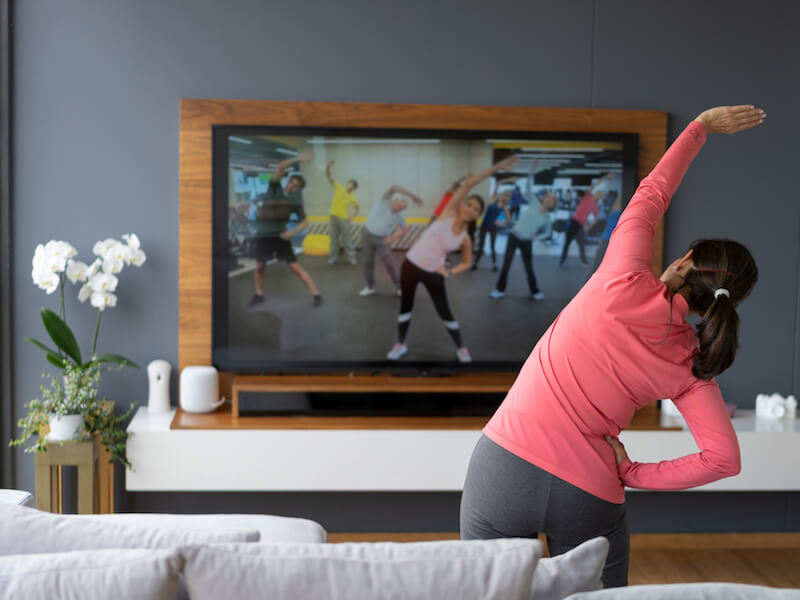
There’s a very basic message for anyone struggling with hearing loss: Use hearing aids.
Why? A recent study found that people who got hearing aids within three years of being diagnosed with hearing loss were less likely to experience depression, anxiety, dementia, and hazardous falls than people who didn’t get hearing aids. While these health concerns aren’t proven to be prevented by hearing aids, fewer health problems have been connected to their use. Results from the study revealed that hearing aid users were 18% less likely to develop dementia, 11% less likely to develop depression or anxiety, and 13% less likely to suffer a dangerous fall.
Stop The Excuses
If these figures seem low to you, it’s important to recall that your health is at stake, and every little bit counts. Previous studies have shown a correlation between hearing loss and other significant health problems, but this study verified it’s an ongoing, worsening issue. It’s important to note that many individuals diagnosed with hearing loss don’t bother getting hearing aids. Why not? For many, the absence of insurance coverage is a problem. Even among those with insurance, the cost might seem too high.
Some people actually go in and get fitted but when they bring their hearing aid home, it feels like too much hassle to use them, so they don’t. Most individuals simply turn up the volume to solve the problem and don’t consider hearing loss as much of a problem.
While it might seem as if hearing loss is inevitable as you get older, there’s more to it than that, and turning up the volume is not the correct answer.
Healthy Hearing is Important
Clearly, a principal element of communication is the ability to hear. If your inability to communicate causes you to miss an important instruction by your physician or direction by a family member, that’s an issue. As a result, you might not be able to convey your concerns and symptoms.
Other problems linked to a lack of effective communication are less apparent. When you strain to hear and keep up with a conversation on the phone, you may lose touch with some of the people in your support system out of frustration or embarrassment. Not being able to hear might even lead to less brain stimulation, and we all know that exercising your mind can help fend off dementia.
Hearing Aid Benefits
Severe long-term concerns are not all that wearing hearing aids is about. Using a hearing aid will instantly improve your quality of life, in addition to your long-term wellbeing. If you can hear and take part in conversations, it reduces your chances of feeling isolated and allows you to partake more fully in your social life. When you can communicate intelligibly with your doctor, you can accurately share the health issues you are experiencing and comprehend your doctor’s treatment plan to decrease your anxiety further.
Do I need hearing aids? If you have any of the following symptoms, the answer is yes:
- Constantly wanting people to repeat themselves
- Background sound makes it tough to hear when someone is talking to you
- Keeping away from social interaction for fear you can’t follow conversations
- Watching TV at very high volume
These are only some of the symptoms that might reveal you need to consider a hearing aid. If any of them sound familiar, ask us if a hearing aid may be the right choice for you.

